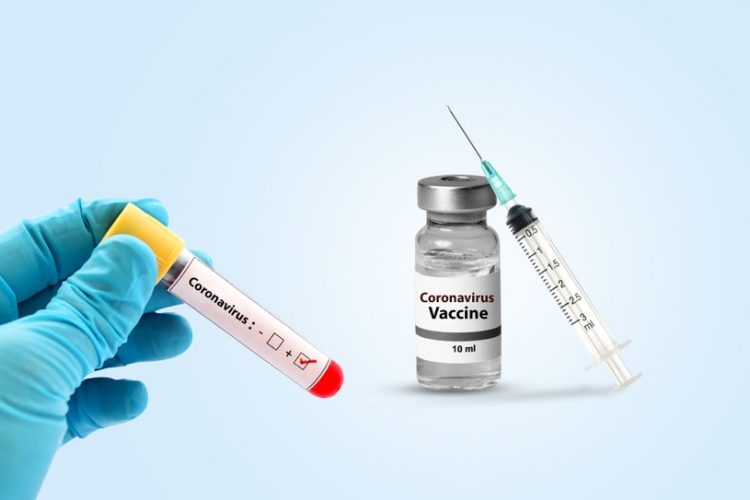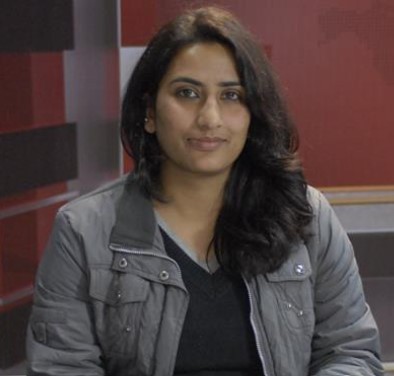Life & Health
A new variant – XBB, a highly transmissible Omicron strain of coronavirus is spreading across several countries, forcing them to tighten curbs against widening outbreaks.
Nepal has also confirmed to have detected Covid-19 XBB sub-variant.
According to the Ministry of Health and Population, the new sub-variant was detected during genome sequencing on swab samples collected from different places in the country between August 6 and September 30.
What is XBB?
XBB is a recombinant (combination) of two Omicron BA.2 sub-variants BA.2.10.1 and BA.2.75.
The virus was first reported by Singapore in September and has since been confirmed in 35 countries with 1,453 genomic sequences.
According to the World Health Organization, the XBB variant has a global prevalence of 1.3 percent. BQ.1 is another sub-lineage of the omicron variant. According to WHO, the "XBB and BQ.1 do not currently diverge sufficiently from each other" - meaning they have too similar symptoms and it's hard to distinguish one from the other.
WHO's Technical Advisory Group on SARS-CoV-2 Virus Evolution (TAG-VE) that met on October 24 in Geneva said: "We note these two sub-lineages remain part of Omicron, which is a variant of concern with very high reinfection and vaccination breakthrough potential."
The UN health body has said that it is likely that these additional mutations have conferred an "immune escape advantage" over other circulating Omicron sub-lineages. Therefore, a higher reinfection risk is a possibility that needs further investigation.
The surge in new infections should be handled accordingly, it says.
The Heath Ministry records show Nepal has recorded 12,019 deaths from coronavirus since the infection was first reported on January 23, 2020.
With winter about to set in, some people fear a new wave of Covid-19 infections.

Call for constant monitoring
The medical experts say there are possibilities of reinfection but no signs of it being associated with more severe illness. There are 522 active cases of coronavirus in the country presently.
Dr Shanta Kumar Das, deputy director at the Tribhuvan University Teaching Hospital, said: "The situation is not that alarming. There does not seem to be any specific increase in hospitalisations or severe complications. But we need to wear mask, maintain social distancing and ideally wash, or at least, sanitise hands frequently to avoid infection."
The WHO has requested countries to remain vigilant, monitor and report sequences, and conduct independent and comparative analyses of the Omicron sub-lineages.
Dr Anup Bastola, a tropical and infectious disease expert, said: "The number of coronavirus cases might increase along with the identification of the new variant. Surveillance and genomic sequencing should be continued.
"We've got to keep a close watch on the number of cases, hospitalisation, and admissions in intensive care units."
The UN health body has warned that with the waning immune response from initial waves of Omicron infection, and further evolution of Omicron variants, it is likely that reinfections may rise further.
"It is an immune-evasive variant and can lead to an increase in infections," said Dr Bastola.
Health experts warned that elderly people with chronic co-morbidities and immune suppression are at a higher risk of infection.
Vaccine remains a safe bet
Vaccines have proved to be efficient against coronavirus infections. This is because they produce antibodies – proteins produced naturally by the immune system to fight disease.
The Singapore experience suggests vaccines would work well to prevent this sub-variant's severe illness.
Dr Shravan Kumar Mishra, director at the Province Public Health Laboratory, Janakpur, said: "The infection can be severe in people who have not taken the vaccine against coronavirus. Those who have not taken the vaccines or its booster must take the vaccine as it helps in forming antibodies."
According to the Health Ministry, 79.5 per cent of the Nepali population has taken the first dose of the vaccine and 76.5 per cent have taken a total dose of the vaccine against coronavirus until October-end.
Health experts advise the public to wear a mask, stay home when sick, maintain social distancing and wash hands frequently to avoid the infection.

_11zon1681280198.jpg)




